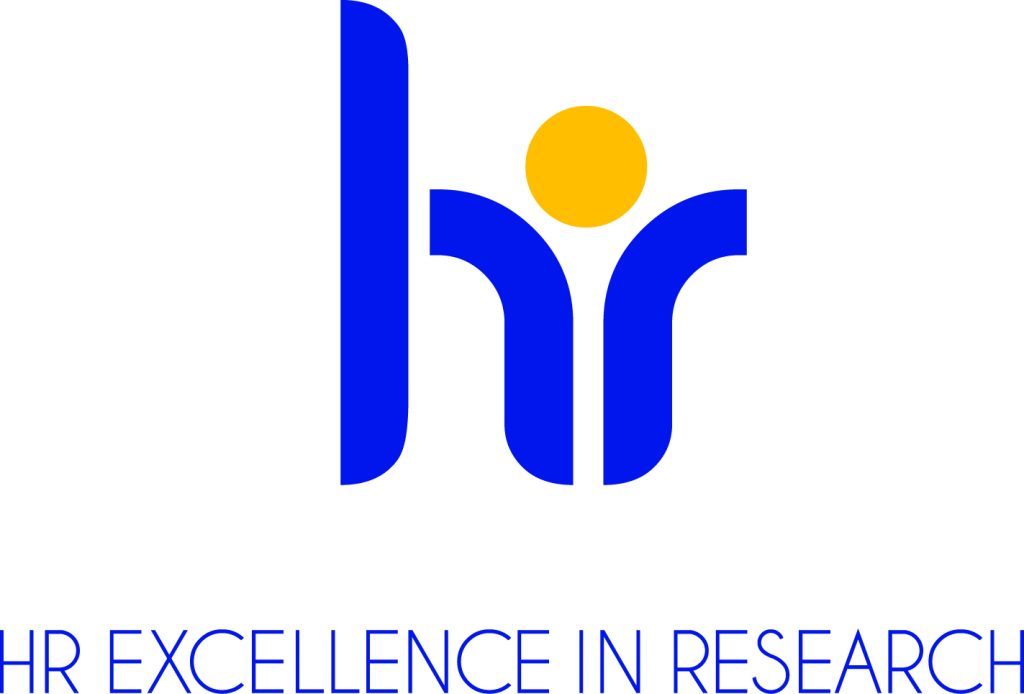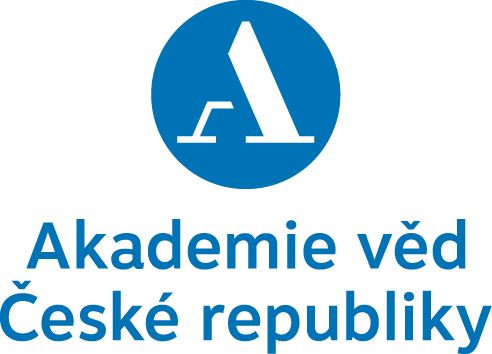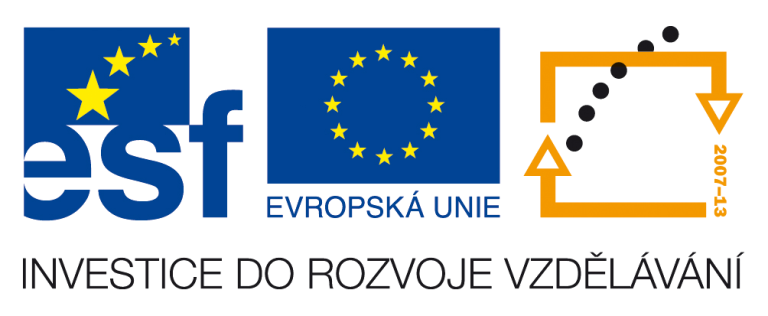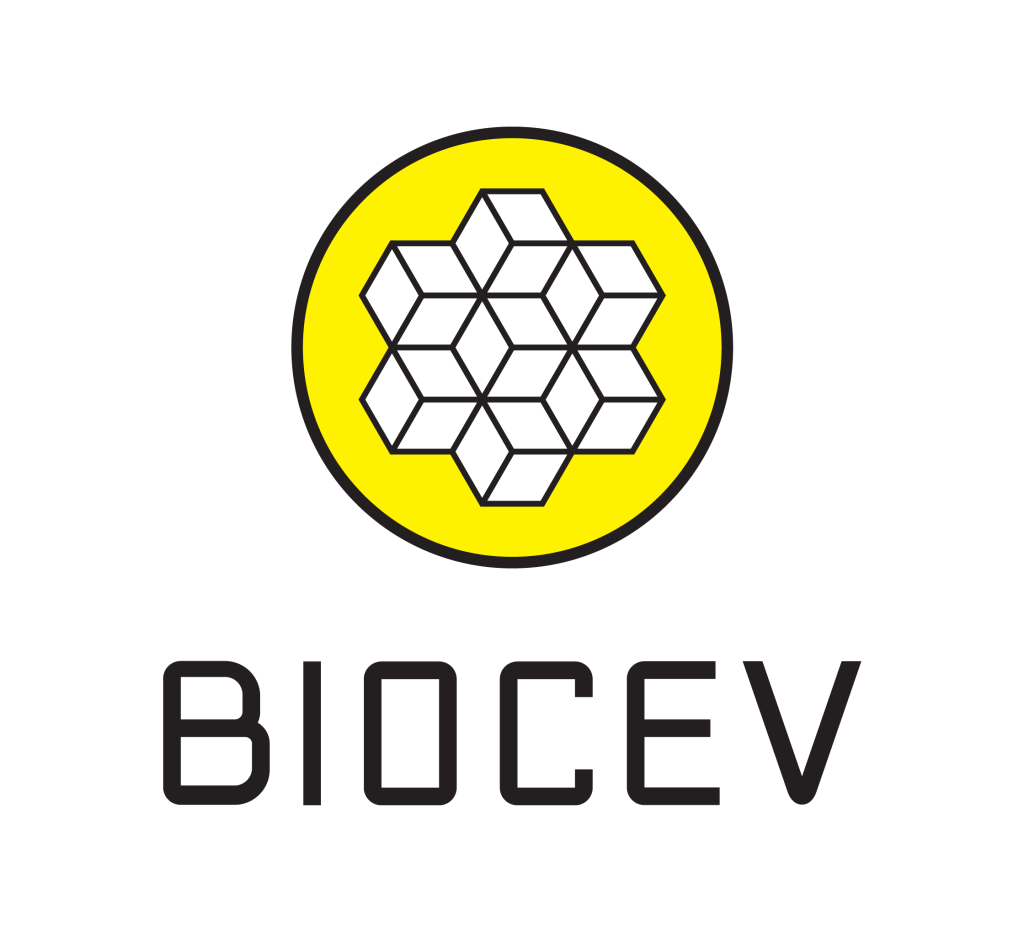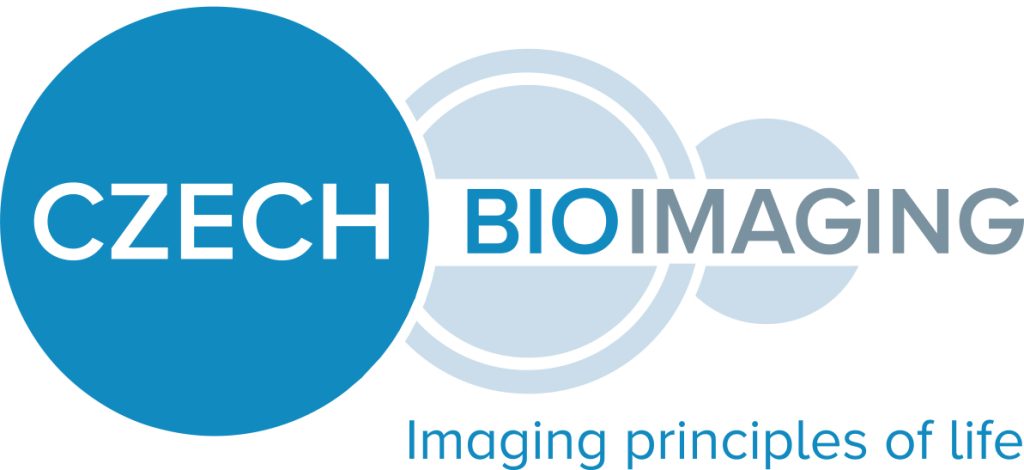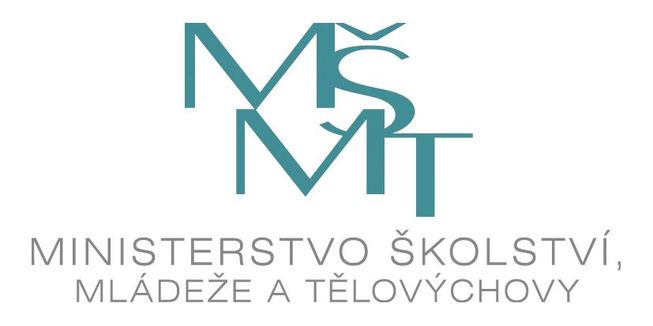The Institute of Physiology of the Czech Academy of Sciences celebrated its 70th anniversary on 11 September 2024 with a festive symposium held in its building in Prague 4-Krč. The event was divided into two parts – the morning programme was held in Czech and was dedicated to the history of the Institute and important personalities, while the afternoon block in English focused on scientific lectures.
The morning session was opened by Jiří Paleček, who welcomed all the participants and handed over the floor to Jan Kopecký, Director of the Institute. Dr. Kopecký summarized the history of the Institute of Physiology and highlighted its importance in biomedicine. Then Dr. Paleček introduced the distinguished guests, among which were Assoc. RNDr. Pavlína Maloy Řezáčová, Ph.D. from the Institute of Organic Chemistry and Biochemistry of the CAS, who received a flower as a thank you for her cooperation. Subsequently, Prof. MUDr. Jiří Zeman, DrSc. from the 1st Faculty of Medicine, Prof. MUDr. Václav Chaloupecký, CSc. from the 2nd Faculty of Medicine, doc. RNDr. Jiří Novotný, DSc. from the Faculty of Science of Charles University and Prof. MUDr. Vojtěch Melenovský, CSc. from IKEM, who highlighted the scientific contribution of the Institute.
After a short break, the programme continued with memories of important personalities who shaped the history of the Institute of Physiology. Dr. Paleček invited individual scientists to share their memories of colleagues who have made a major contribution to the scientific development of the Institute. Professor Pavel Mareš recalled the eminent neuroscientist Prof. Zdeněk Servít, who contributed to the development of Czech neurophysiology. Another remembrance came from Prof. RNDr. František Vyskočil, who recalled the work of biochemist Prof. Arnošt Gutman. Prof. Helena Illnerová spoke about Prof. MUDr. Jiří Křeček, who was devoted to the physiology of critical developmental periods, and MUDr. Josef Zicha recalled his research contributions.
The scientists also shared their memories of other important personalities. Dr. Aleš B. Stuchlík, Ph.D., DSc. spoke about the legacy of MUDr. Jan Bureš.
The program ended with Jan Kopecký and Jiří Paleček presenting certificates of appreciation to 10 colleagues who have made a significant contribution to the development of the Institute through their long-term scientific contributions and 13 colleagues for their dedicated work for the Institute. Flowers and graphics as special thanks were given to former directors of the Institute, including Prof. Helena Illnerová, DrSc.
The afternoon session was devoted to scientific lectures in English entitled Science for the Next Decade. This session focused on the future of scientific research in key areas such as metabolism, neuroscience, the cardiovascular system and circadian rhythms. The session on metabolism was opened by Petr Zouhar with a lecture on muscle non-shock thermogenesis. Kristýna Čuňátová presented her research on secondary deficiencies of complex I, while Michaela Tencerová shed light on the role of adipose tissue in bone marrow and its relationship to bone metabolism. Lydie Plecitá gave a lecture on NOX4 in beta cells, while Veronika Obšílova presented her structural studies of physiologically important enzymes. Ondřej Kuda then presented his work on unique lipids in breast milk in a talk entitled “White gold – unique lipids of breast milk”. The session was concluded by Tomáš Čajka, who spoke about metabolomic atlases and their importance for mapping the human metabolome.
The neuroscience session was very extensive and brought interesting presentations, for example by Jan Svoboda, who discussed the use of chemogenetic and optogenetic tools to reveal the function of parvalbumin interneurons. Lubomír Košt’ál presented research on olfactory pathways in moths, while Helena Janíčková focused on nicotinic receptors and their influence on striatal circuits. Martin Balaštík talked about microtubule regulation and their role in brain diseases, and Diana Špicarová focused on pain modulation via TRPV1 and CB1 receptors.
The session dedicated to the cardiovascular system and circadian rhythms was opened by Markéta Hlaváčková, who spoke about epitranscriptomic regulation in the heart. Silvie Hojná then presented research on the treatment of heart failure with glyphlozines. Antonín Sedlář presented his lecture on galectin-3 as a therapeutic target in pulmonary hypertension and Jan Šilhavý focused on the study of salt-induced hypertension. Martin Sládek concluded the session with a lecture on small molecules of clock protein modulators and their potential for the treatment of circadian disorders.
The whole symposium ended with a presentation on challenges for the Institute of Physiology for the next decade of research. The Institute of Physiology of the CAS remains a key institution in the field of research on diseases of civilization, especially those related to obesity, aging and cardiovascular problems, and will continue to play an important role in the development of modern medicine.


